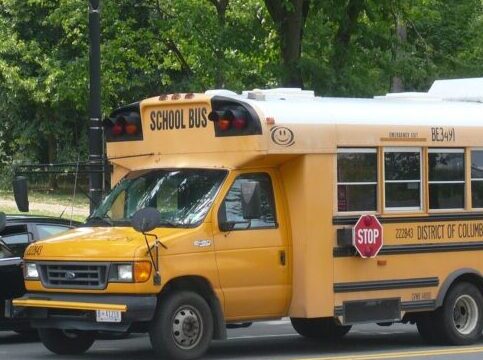The74Million: For Decades, the Feds Were the Last, Best Hope for Special Ed Kids. What Happens Now?
This in‑depth article explores how federal intervention has long been the safeguard for children with disabilities and questions what changes lie ahead as federal oversight may shift. Washington, DC emerges as a critical example: it has one of the nation’s highest rates of due‑process complaints for special education. Despite progress, DC paid over $2.9 million in legal fees in 2023 for settlements, highlighting persistent systemic challenges that force families, often represented by organizations like the Children’s Law Center, to pursue litigation to secure legally entitled services, which can cost students nearly a full school year in the process. Kathy Zeisel, Director of Special Legal Projects, is quoted:
“[Families] might get relief or they might not, but there are no judges or a hearing,” says Kathy Zeisel of the Children’s Law Center, an agency that takes cases and connects families with pro bono lawyers to file complaints. “You get systemic change, such as a district having to change policies,” instead of an accommodation to help a particular student.
…
“It’s really a national problem that we are just disregarding kids with disabilities and not putting the resources into them,” says Zeisel, whose Children’s Law Center has roughly 250 cases at any given time, one-third involving families going through due process. “Parents have to sue, and kids lose almost a whole school year to try to get what [they need]. We would love to put ourselves out of a job and not not be litigating this stuff and go do something else.”
